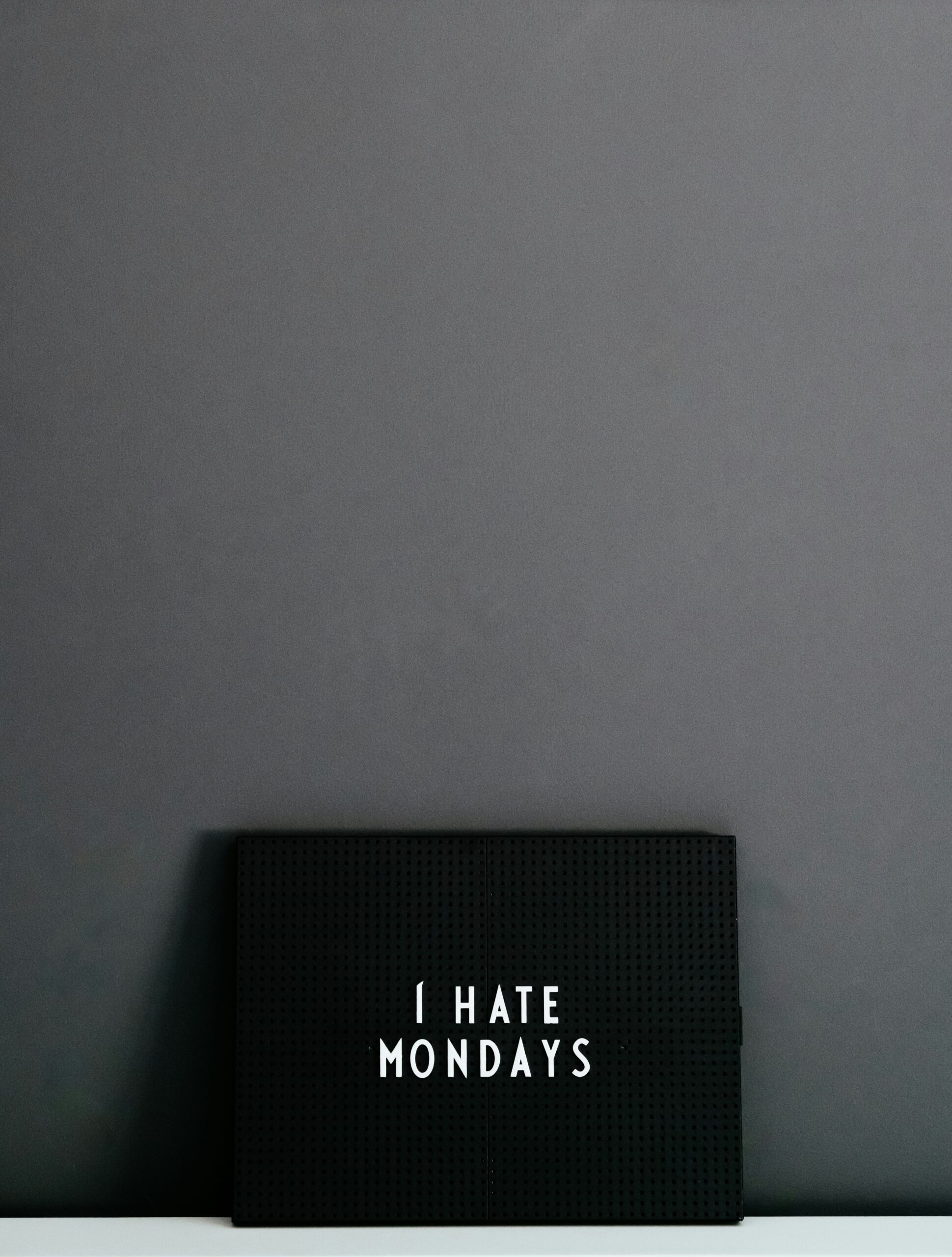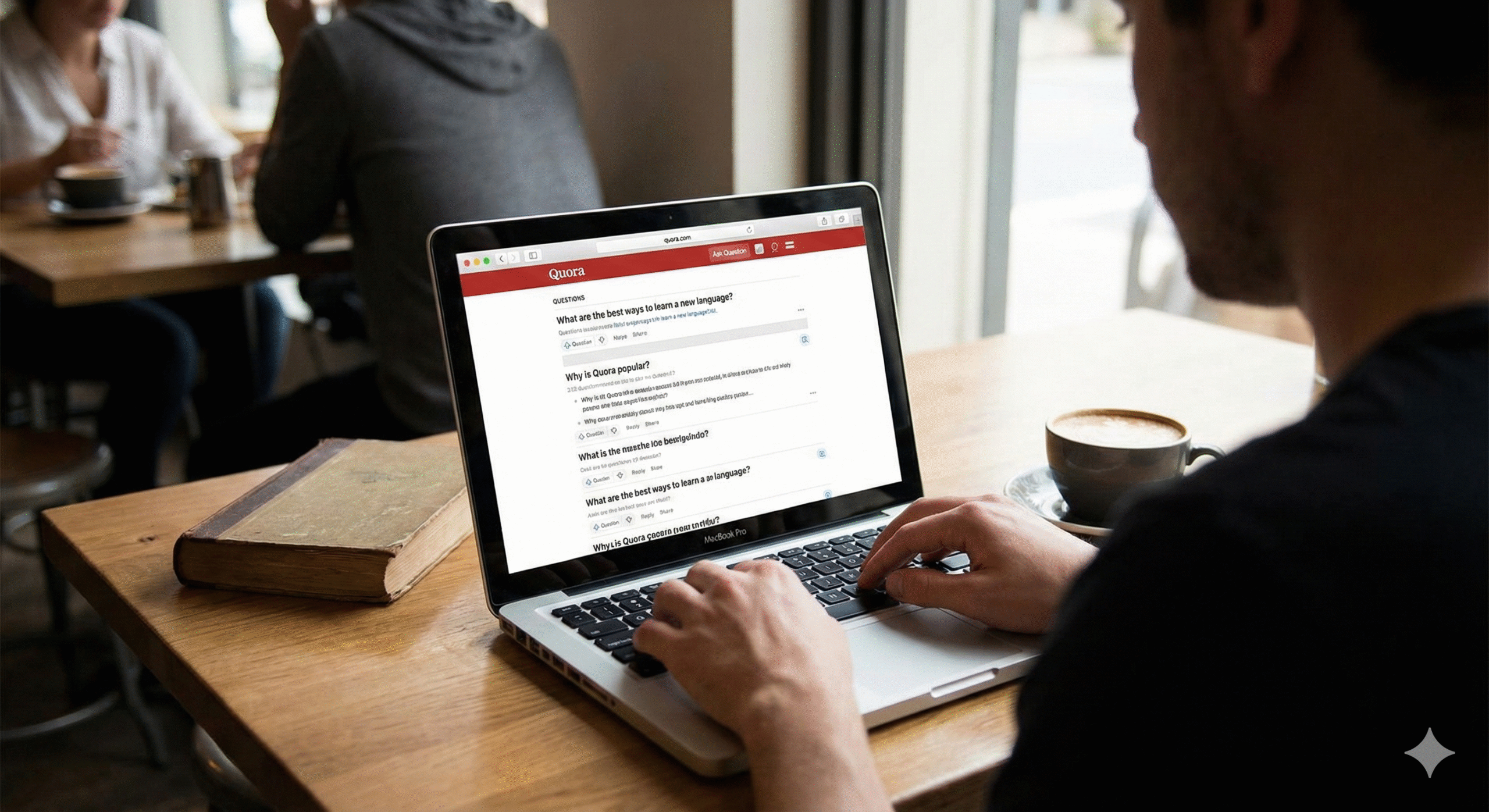By Mansi Jaiswal
Introduction – The Misunderstood Role of HR
“Here comes HR—who’s getting fired today?”
“HR is just there for birthdays and policies.”
Across platforms like TikTok, Instagram, and Twitter, HR has become an easy punchline. These jokes, often viral, frame HR as redundant or irrelevant. But when repeated endlessly, this mockery becomes more than humor—it turns into harassment disguised as memes.
The reality? HR professionals are responsible for hiring, conflict resolution, legal compliance, and employee wellbeing. Their work is essential—not entertainment.
This article challenges the disrespect, contrasts perception with truth, and explores how society can give HR the recognition—and compensation—it deserves.
Meme Culture vs. Reality – What Social Media Says About HR
Social media has made HR an easy target for ridicule. From TikTok skits to viral tweets, HR professionals are often portrayed as joy-killing, hyper-sensitive, or completely ineffective. While some jokes are harmless, the constant repetition creates a widespread narrative that undermines respect for the profession.
Here are real examples from popular platforms:
Mocking HR: The Viral Side of Disrespect
- TikTok:
@lazypangolin created a skit titled “When HR shows up to ruin the fun”—garnering 1.6 million views and over 30,000 shares, mostly echoing negative sentiments toward HR. - YouTube:
Neel Kolhatkar – “Modern Workplace” (9 million+ views) presents a satirical office where HR has turned the workplace into a rigid, rule-obsessed environment—amplifying the stereotype that HR kills productivity in the name of sensitivity. - Instagram:
A meme by @workmemesdaily reads:
“HR during onboarding: We’re a family. HR during termination: You’re on your own.”
The post has thousands of likes and sarcastic comments that reflect common distrust and cynicism toward HR.
Rare but Real: Praise for HR on Social Media
- LinkedIn:
HR consultant Jennifer Brown’s viral post here highlighted the importance of HR in mental health and DEI (Diversity, Equity, and Inclusion) work. It received over 15,000 reactions from professionals sharing similar positive experiences. - Twitter/X:
A tweet from @WorkChronicles stated:
“Respect to HR who handle everything from harassment claims to wellness programs. They deserve more credit.”
The tweet gained traction with replies expressing appreciation for HR professionals who go beyond paperwork and policies.
Data Snapshot
A 2023 report from Gartner found that 47% of employees surveyed do not trust HR to act in their best interests. Notably, 38% admitted that their opinions were shaped by online portrayals and popular content.
Source: Gartner HR Research 2023
What HR Actually Does
Despite being reduced to memes and punchlines, HR professionals are often at the center of a company’s operations—handling some of its most sensitive, complex, and people-driven responsibilities. Their work goes far beyond organizing birthday cakes or issuing warnings.
Here’s what HR truly does in the workplace:
1. Talent Acquisition and Recruitment
HR plays a strategic role in hiring the right people. They write job descriptions, conduct interviews, evaluate candidates for both skill and culture fit, and ensure that new hires align with long-term business goals. A bad hiring decision can cost a company thousands—HR helps prevent that.
2. Conflict Resolution and Mediation
Workplace disagreements, interpersonal friction, and even serious misconduct are inevitable in any organization. HR acts as a neutral body to resolve such issues, enforce company policy, and maintain a fair and professional environment.
3. Legal Compliance and Risk Management
Labor laws are complex and constantly evolving. HR ensures that a company complies with employment laws, safety regulations, anti-discrimination policies, and more—reducing legal risks and costly lawsuits.
4. Employee Wellbeing and Engagement
Good HR teams champion employee welfare through mental health programs, wellness initiatives, flexible work policies, and open communication channels. They are often the only department actively focused on employee satisfaction.
5. Payroll and Benefits Administration
From managing salary structures and leave policies to coordinating with insurance providers and retirement plans, HR oversees the systems that keep employees financially secure and informed.
6. Organizational Culture and Change Management
In times of company transformation—like mergers, leadership changes, or digital adoption—HR leads the charge in communicating changes, managing morale, and training staff.
According to a 2022 SHRM (Society for Human Resource Management) report, companies with strategic HR involvement reported 21% higher employee retention and 29% higher engagement scores. These aren’t minor numbers—they’re critical metrics tied to productivity and profitability.
Yet, despite these responsibilities, HR professionals often go unnoticed—until something goes wrong. The invisible nature of their success contributes to public underappreciation, allowing memes and mischaracterizations to fill the gap.
It’s time to correct that.
HR Appreciation on Social Media
While criticism and memes about HR often go viral, there’s a quieter but growing wave of appreciation for HR professionals—especially from those who’ve experienced their support firsthand. These voices, though less amplified, tell a different story: one of respect, gratitude, and recognition for the complex human work HR professionals do behind the scenes.
1. LinkedIn – A Platform for Real Recognition
On LinkedIn, where professionals share workplace experiences, HR is frequently praised—not mocked.
For example, Jennifer Brown’s viral post acknowledged HR’s crucial role in mental health, inclusion, and employee support. It drew over 15,000 reactions and sparked a conversation filled with gratitude for HR professionals who had stepped up during crises like layoffs and burnout.
2. Twitter/X – Stories That Don’t Make Headlines
In contrast to viral HR jokes, some tweets share meaningful experiences. One tweet from @WorkChronicles read:
“Respect to HR who handle everything from harassment claims to wellness programs. They deserve more credit.”
The post received hundreds of replies with personal stories of HR professionals who helped employees through pregnancy, grief, discrimination, or burnout.
3. YouTube and Podcasts – HR Voices Breaking the Stereotype
Content creators like Laurie Ruettimann use platforms like YouTube and Spotify to educate people on modern HR—showing it’s not about rules, but about relationships. Her podcast, Punk Rock HR, gives real HR professionals a voice, humanizing their day-to-day challenges and decisions.
4. Case Study: HR During COVID-19
During the pandemic, HR teams became central to employee safety, remote work transitions, and mental health support. A 2021 study by Deloitte found that 63% of employees said HR made a positive difference in how their company handled the crisis. While these efforts didn’t trend on TikTok, they made a lasting impact in the workplace.

Impact of Stereotypes – How Jokes Hurt the Profession
Mocking HR has become so normalized online that many forget it carries real consequences. When memes and satire consistently frame HR professionals as useless, robotic, or meddlesome, those narratives bleed into how they’re treated in real workplaces.
1. Eroding Authority in the Workplace
Constant jokes lead employees to view HR as irrelevant or powerless. This affects how HR policies are respected, how feedback is received, and whether employees feel comfortable engaging with HR at all. In a 2023 survey by People Management, 41% of employees admitted they hesitate to report issues to HR due to negative stereotypes.
2. Mental Strain on HR Professionals
HR roles are already emotionally intensive—dealing with firings, misconduct cases, and employee distress. When public opinion dismisses their efforts, it adds an extra burden. Many HR professionals report burnout, not from their work alone, but from being undervalued or misunderstood within their own organizations.
3. Real Impact on Pay and Career Growth
Perception influences pay. According to Payscale, HR roles are among the most undervalued in mid-management levels, often earning 15–20% less than equivalent roles in operations or finance. When society sees HR as a joke, companies become less willing to invest in HR leadership or offer competitive compensation.
4. A Missed Opportunity for Cultural Leadership
HR has the potential to be a strategic driver of culture, diversity, innovation, and wellbeing. But stereotypes reduce that potential. When HR is excluded from decision-making spaces or dismissed as “just policy enforcers,” organizations miss out on transformative leadership.
Conclusion: From Punchline to Powerhouse
The jokes may be funny, but the consequences are not. The idea that HR is disposable or incompetent isn’t just inaccurate—it’s damaging. It affects how professionals are treated, how their work is valued, and how organizations grow.
HR is not here to ruin the fun. HR is here to protect, support, and drive people-centered progress in companies that often forget humans are their greatest asset.
It’s time to shift the narrative.



